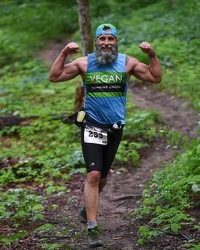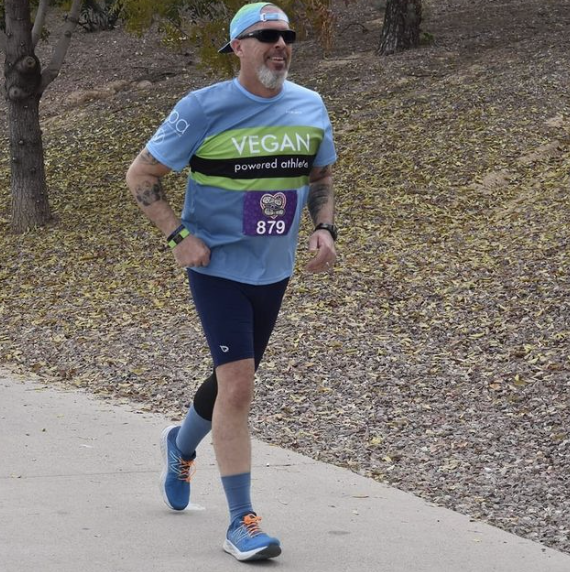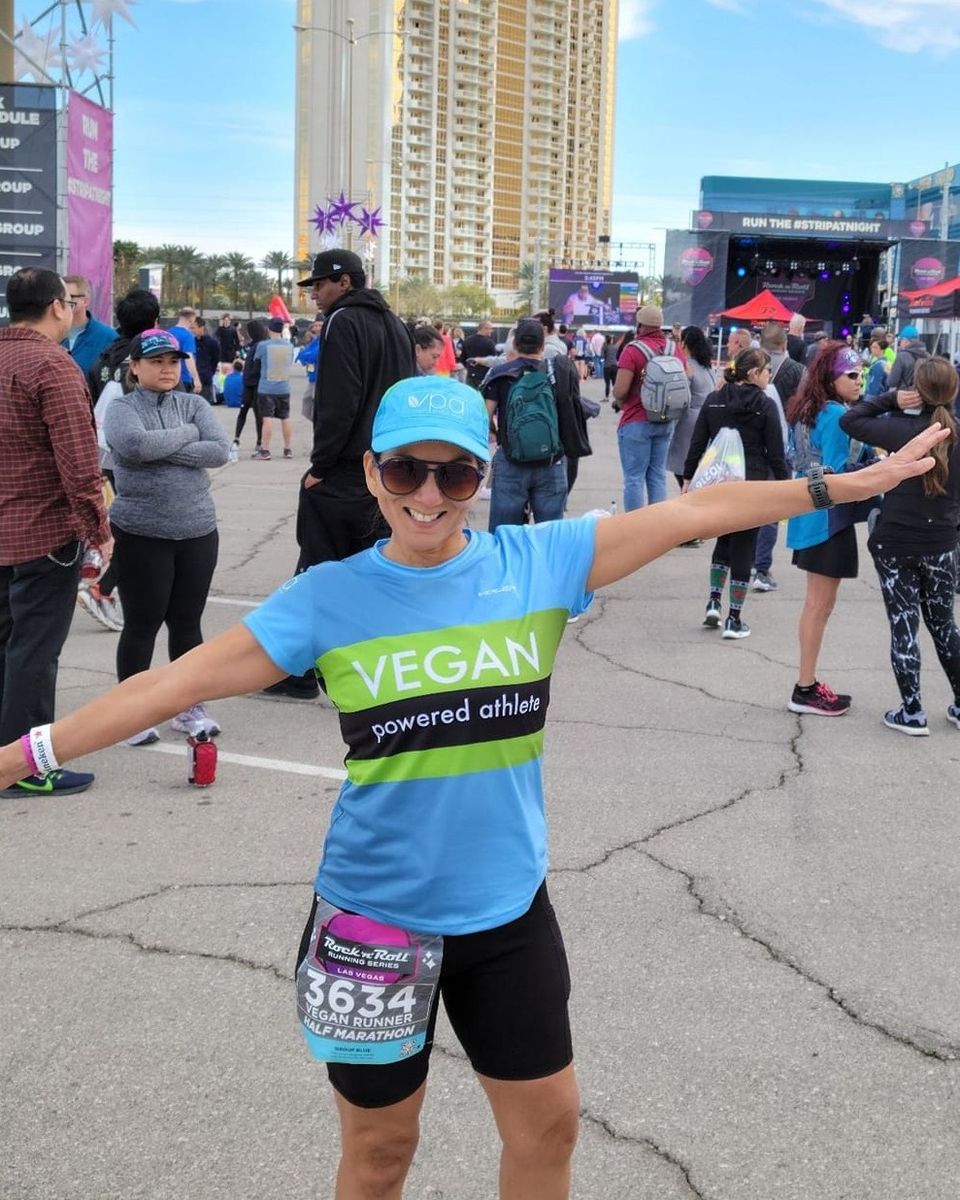
Becoming a vegan may just be more beneficial to endurance athletes than you may know. Vegetarians make the decision to not eat meat, fish, or poultry. By choosing a vegan lifestyle, however, you are choosing not to consume animal byproducts of any kind. This includes any kind of dairy product, meat, gelatin, and more. Because of this distinction, vegan endurance athletes will not only find better health long-term, but they will also find that a vegan diet will help performance, endurance, strength, and recovery.
Making adjustments to your diet
When it comes to endurance athletes, vegans may need to adjust their diet to get their nutrients from different sources than those who consume animal products. While it may seem easier for those who consume meat to get their protein demands, it is not. In fact, consuming animal proteins Is believed to be the source of numerous illnesses and may be the cause of several forms of cancer. Quinoa, buckwheat, soy, nuts and seeds, and even veggies are fantastic, dense protein sources, and are more readily available for consumption, whereas meat must be prepared before safe consumption. Vegan endurance athletes that rely on natural sources for their protein enjoy sustained and prolonged health. This results in building greater strength that lasts.
Feeling of steady hunger solved
One problem endurance athletes may believe they will face, is the worry of being hungry. Protein is the number one thing that vegans focus on when it comes to consuming an adequate amount of, especially because proteins are so essential to athletic training. Having to find substitutes for foods like meat and eggs may seem burdensome, however, it is actually easier than you may think. Soy milk and tofu are two ways to help achieve desired protein levels. A large portion of fat is also at a deficit, but vegan safe options that derive from flax and hemp are perfect replacements that provide greater, lasting, health benefits.
Cramping can be avoided
Muscle cramps and stiffness is always a worry of any athlete, but it’s only a real concern if you are not dieting correctly. This is a result of low sodium levels, and can be easily corrected. When the body sweats, you are losing sodium intake, and it’s important to make sure you replenish that. For vegan endurance athletes, natural sea salt should be incorporated into vegan meals to avoid this. Making sure nuts, seeds, and beans are consumed daily will help keep you at safe levels.
Exhaustion or fatigue relief
When it comes to any diet, not eating right can cause sluggishness and frequently feeling tired. But this, however, can be changed by more responsible and health-focused eating habits. This feeling sometimes also occurs when meat is first taken away from the food options. The reduction in blood cells can result in anemia, which is something that causes fatigue. Iron is what combats this feeling. Vegan endurance athletes need to consume ample quantities to maintain their active lifestyles. Cereal, certain vegetables, raisins, and nuts all are great sources of iron. Eating a balanced vegan diet can ensure your stamina increases with your training.
A vegan diet for endurance athletes means to ensure you are consuming all of the nutrients you need in a healthy and sufficient manner. This diet will help you feel healthier and vastly help endurance training in the long run. There are many great and delicious vegan recipes out there that will help you along your way to experiencing greater stamina, endurance, strength, and recovery.








